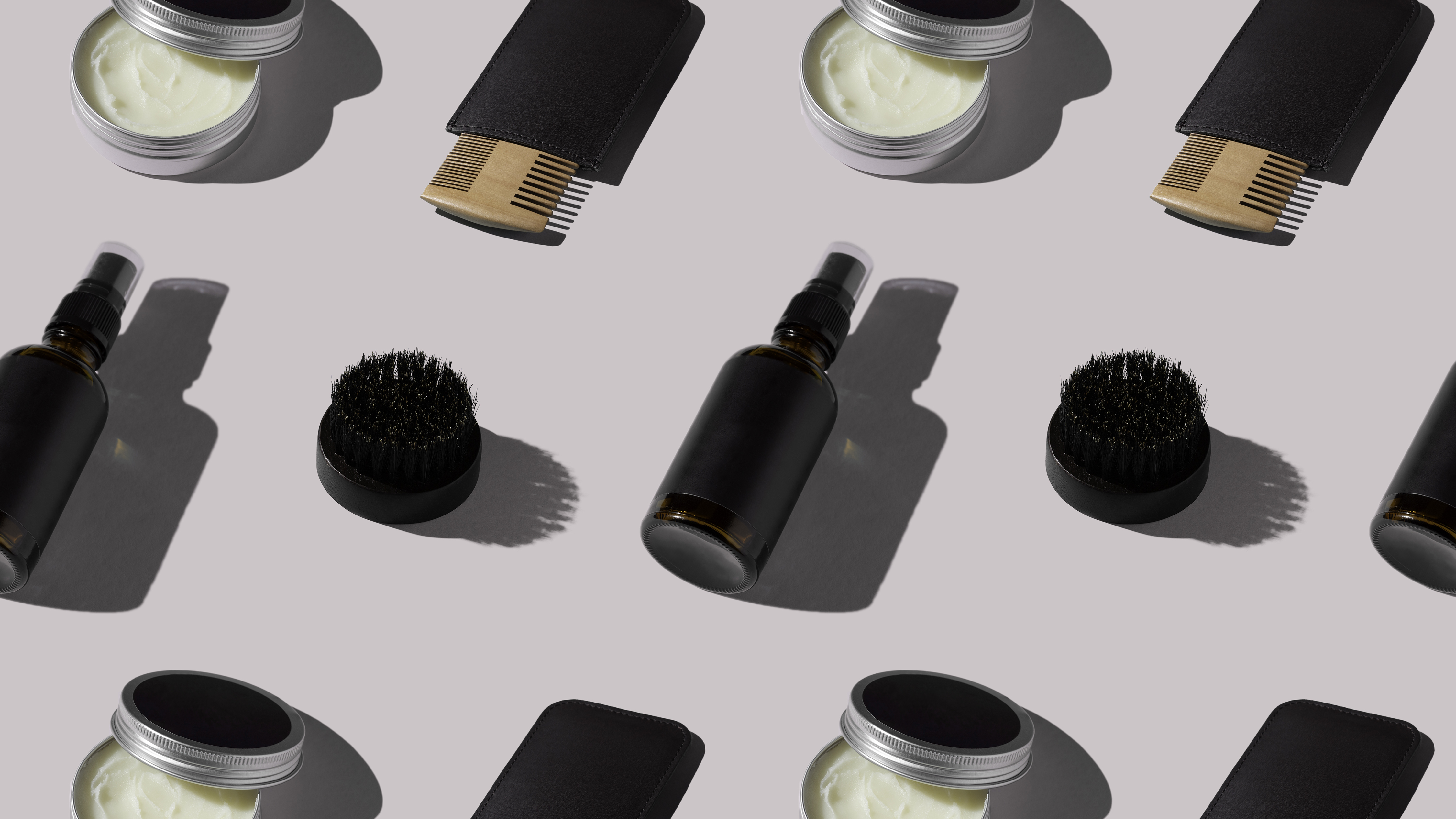Does beard oil really work?
T3 put beard oil to the test to find out if it does what it says on the tin…


Bethan Morgan
If you have a hairy face of some kind – whether that’s stubble, goatee or full-on Jesus beard – you’ll probably be aware of beard oil.
Acting as a sort of conditioner for the hair growing from your chops, beard oil is a skincare product that’s designed to moisturise and hydrate a person’s facial hair as well as the skin underneath it. The point of it is that it’s supposed to leave the beard looking healthy and smelling super nice.
As we discovered in our guide to beard oil, a good quality beard oil is made up of two core ingredients: a carrier serum and essential oils to add scent or other benefits. When applied to the beard, the oil in the serum is said to add nourishment to the facial hair. But does it really work? Let's find out...
P.S. If you have a beard, you'll also want to invest in the best beard trimmer to keep everything neat, tidy and stylish.
How do I use beard oil?
To use beard oil, apply a small amount to your fingertips and gently massage it into your beard, making sure to also get the skin underneath. This helps promote hair follicle growth and keeps the roots healthy, as well as ensuring your skin is looked after and moisturised. For longer beards, you might also want to use a beard comb to distribute the beard oil evenly.
Does beard oil work?
Now you know how to use beard oil and the benefits of it , the big question here is: does it really work?
As a beard owner myself, I've tried many different beard oils in my time to see which worked best, if at all. Firstly, there's the Hawkins & Brimble Beard Oil, an affordable version that costs around £10. Packed with shea butter and Argan oil, it helps fight away frizz and dryness of the facial hair while also nourishing the skin underneath. Out of the beard oils I've tested, this product smelled the strongest but for me, it was a little too fragranced and sweet-smelling, especially right after application. However, it did make my beard feel luxuriously soft for a decent part of the day and at £10 for 30ml, it’s great value.
Get all the latest news, reviews, deals and buying guides on gorgeous tech, home and active products from the T3 experts
Next up was the Jack Black Beard Oil which is £21. For those who want to look sharp with a glossy healthy-looking beard, this oil is the one. Giving facial hair some great shine thanks to Kalahari melon oil and vitamin E, Jack Black’s beard oil leaves the face and the hairs growing out of it feeling super soft without smelling too strong.
Finally, I tried the Kiehl's Nourishing Beard Grooming Oil for £24.50. What I love about Kiehl’s beard oil is that it absorbs super quickly, meaning you still get that softening effect but you aren’t left with that greasy feeling after application. It also boats salicylic acid, which gently exfoliates the skin underneath the beard to remove dry skin cells, preventing dandruff. Bonus points for the woody, uplifting essential oils used in here, too, including cedarwood, sandalwood and eucalyptus. The only downside is the price. Just short of £25 for 30ml, Kiehl’s offering is the priciest of the bunch.
Beard oils: the verdict
Overall, I'd have to say that yes, beard oil does work and you don't necessarily need to pay a ton of money on one either to see the results.
If you’re still not sure which to go for, I’d recommend visiting a department store and seeing if they have any testers laying around so you can see what smell and consistency suits you best. If that’s not possible, start with a cheaper product and if you find that you’re using it regularly, then it’s probably worth experimenting with more expensive options once you've run out.

Lee Bell is a freelance journalist and copywriter specialising in all things technology, be it smart home innovation, fit-tech and grooming gadgets. From national newspapers to specialist-interest titles, Lee has written for some of the world’s most respected publications during his 15 years as a tech writer. Nowadays, he lives in Manchester, where - if he's not bashing at a keyboard - you'll probably find him doing yoga, building something out of wood or digging in the garden.
- Bethan MorganHome Editor